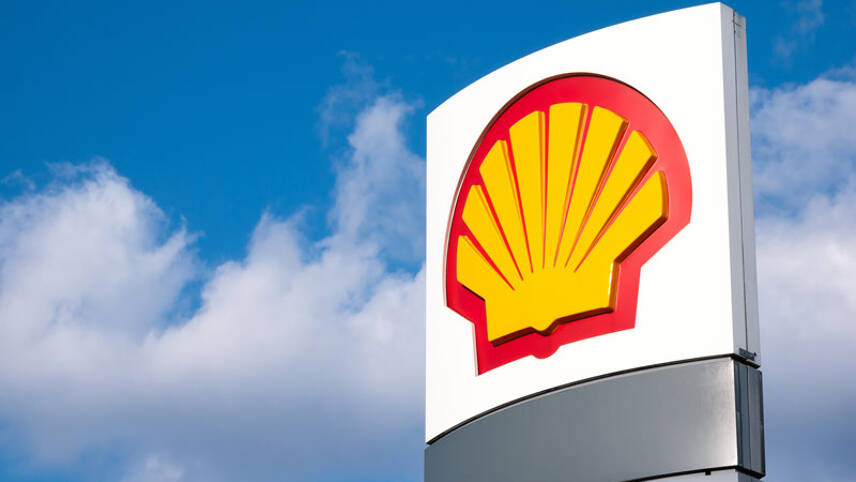Register for free and continue reading
Join our growing army of changemakers and get unlimited access to our premium content

Sawan, who stepped into the role late last year, stated an intention to create more value for shareholders in delivering the strategy update today (14 June).
He reiterated the company’s long-term net-zero target, in place for 2050, but confirmed a change in strategy to maintain current levels of liquid fuel production through to 2030. This decision, a Shell statement notes, was taken to “achieve cash flow longevity” from the company’s established upstream fossil fuel operations.
Under previous chief executive Ben van Beurden, Shell had pledged to reduce its production of “traditional fuels” by 55% by 2030. Included in this was a commitment to cut oil production by 1-2% each year in the 2020s The update effectively renders these commitments null and void.
Under van Beurden, Shell stated that this decrease in fossil fuel production – coupled with the scaling up of biofuels and hydrogen – would be necessary to meet its 2050 climate goal and interim commitments. Shell is targeting a 30% reduction in emissions from the end-use of energy products by 2035, increasing to 65% by 2050.
Sawan stated that the 2050 goal would still be achievable with his new strategic direction. But he had one caveat – that the rest of the economic system would need to transition in order for Shell to achieve this.
“We need to continue to create profitable business models that can be scaled at pace to truly impact the decarbonisation of the global energy system. We will invest in the models that work – those with the highest returns that play to our strengths,” said Sawan.
He introduced new commitments for Shell to invest at least $10bn and up to $15bn in low-carbon energy solutions between 2023 and 2025. Its focus areas include biofuels, hydrogen, carbon capture and electric vehicle charging; it does not have a major portfolio for renewable electricity generation.
Shell is expecting a 15% increase in dividend per share, effective from Q2 2023, as a result of its strategic changes.
The Guardian has been told that Shell may still meet its commitment to cut oil production. A spokesperson told the newspaper that it had already met the target by selling its share of an oil project in Texas.
Earlier this year, BP stated that it is no longer likely to meet a previous pledge to reduce oil and gas production by 40% by 2030 against a 2020 baseline. BP argued that near-term demand for oil and gas is higher than it previously expected and stated that additional fossil fuel earnings can “support investment” in the energy transition.
Analysis from Net-Zero Tracker this week concluded that, at present, net-zero targets from the fossil fuel sector are “largely meaningless”. This is because they commonly exclude Scope 3 (indirect) emissions. Moreover, no fossil fuel major has a commitment to fully end its oil and gas activities. The only large company in history to have fully pivoted away from fossils in this sector is Orsted, formerly Danish Oil and Natural Gas (DONG).


Please login or Register to leave a comment.